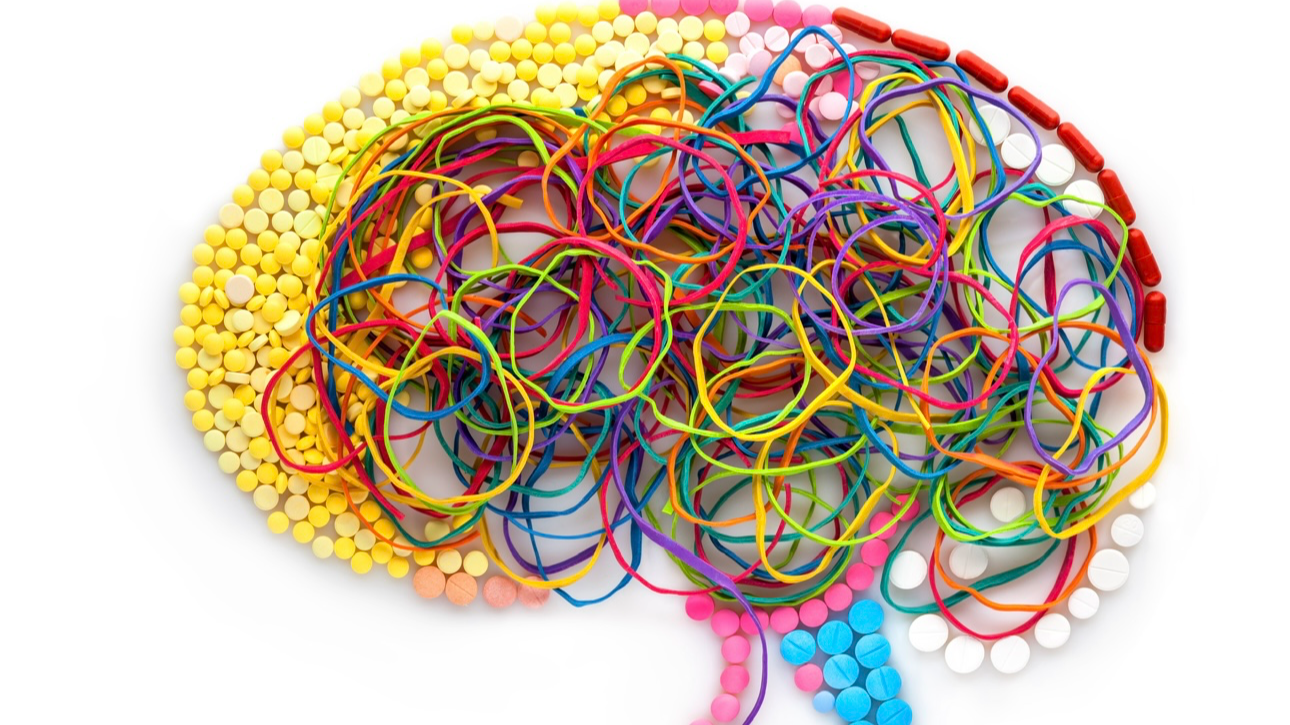Brain Health in Menopause: Strategies for Maintaining Cognitive Well-being
Menopause is a natural transition in a woman’s life that marks the end of her reproductive years. While menopause is commonly associated with physical changes, such as hot flashes and night sweats, it also has an impact on brain health and cognitive function. Many women experience cognitive changes during menopause, including memory lapses, difficulty concentrating, and mental fog. However, it is important to note that these changes are usually temporary and can be managed with proper care. In this article, we will explore the impact of menopause on brain health, strategies for maintaining cognitive well-being, and lifestyle factors that can support brain health during this stage of life.
Understanding the Impact of Menopause on Brain Health
During menopause, there is a decline in the production of estrogen and progesterone, two hormones that play a significant role in brain health. Estrogen, in particular, has neuroprotective properties and supports cognitive functions, including memory and attention. As estrogen levels decrease, women may experience cognitive changes and an increased risk of certain conditions, such as:
1. Memory Lapses: Many women report experiencing memory lapses or “brain fog” during menopause. These lapses are often characterized by forgetfulness, difficulty recalling information, and feeling mentally sluggish.
2. Reduced Cognitive Flexibility: Menopause can affect cognitive flexibility, which refers to the brain’s ability to switch between different tasks or adapt to new situations. Some women may find it challenging to multitask or adjust to changes in routine.
3. Increased Risk of Cognitive Disorders: Estrogen decline during menopause has been associated with an increased risk of cognitive disorders, such as mild cognitive impairment (MCI) and Alzheimer’s disease. However, it’s important to note that the majority of women do not develop these conditions.
Strategies for Maintaining Cognitive Well-being during Menopause
While cognitive changes during menopause are common, there are strategies women can implement to support brain health and maintain cognitive well-being:
1. Stay Mentally Active: Engaging in mentally stimulating activities can help maintain cognitive function. Read books, solve puzzles, play brain games, or learn a new skill to keep your mind sharp.
2. Maintain a Healthy Lifestyle: Adopting a healthy lifestyle can support brain health during menopause. Focus on a balanced diet rich in fruits, vegetables, whole grains, lean proteins, and healthy fats. Stay hydrated and limit the consumption of processed foods, sugary snacks, and excessive alcohol.
3. Regular Physical Exercise: Exercise has numerous benefits for brain health. Engage in regular aerobic exercise, such as walking, jogging, swimming, or cycling, to improve blood flow to the brain and enhance cognitive function.
4. Manage Stress: Chronic stress can negatively impact cognitive function. Practice stress management techniques, such as meditation, deep breathing exercises, or yoga, to reduce stress levels and promote mental well-being.
5. Prioritize Sleep: Quality sleep is essential for brain health. Establish a regular sleep schedule and create a sleep-friendly environment. Avoid excessive caffeine and electronic devices before bedtime.
6. Socialize and Stay Connected: Maintain social connections and engage in activities that involve social interaction. Socializing can stimulate cognitive function and provide emotional support during menopause.
7. Hormone Therapy: For some women, hormone therapy (HT) may be an option to alleviate menopause symptoms and potentially support cognitive health. HT involves the use of estrogen alone or combined with progesterone (in women with a uterus). However, the decision to pursue HT should be made in consultation with a healthcare provider, considering individual risks and benefits.
8. Seek Professional Help: If cognitive changes significantly affect daily life or cause distress, it is important to seek professional help. A healthcare provider can evaluate symptoms, provide guidance, and recommend appropriate interventions if needed.
Menopause is a natural stage of life that can bring about cognitive changes for many women. While memory lapses and cognitive challenges may occur during this transition, it is essential to remember that they are typically temporary and manageable. By implementing strategies to support brain health, such as staying mentally active, maintaining a healthy lifestyle, managing stress, and seeking professional help when necessary, women can maintain cognitive well-being during menopause. Embracing a positive mindset and adopting a holistic approach to brain health can contribute to overall well-being and enhance the journey through this transformative stage of life.









